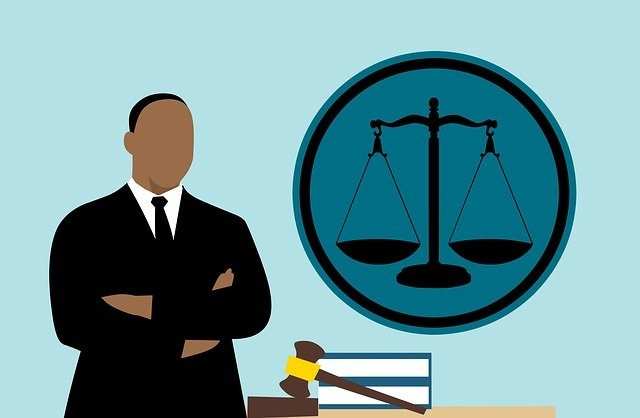Lawyer vs. Advocate vs. Barrister: Demystifying Legal Titles
When discussing the legal field, terms like law, lawyers, advocates, and barristers might seem interchangeable, but they hold distinct meanings, significance, and roles.

When discussing the legal field, terms like law, lawyers, advocates, and barristers might seem interchangeable, but they hold distinct meanings, significance, and roles.

Lawyer: A General Legal Professional
The term "lawyer" is a broad umbrella that encompasses individuals who have obtained an LLB (Bachelor of Legislative Law) or an LLM (Master of Law). Lawyers can offer legal advice to clients but typically cannot represent them in court proceedings.

Advocate: Legal Representation in Court
An advocate is a legal professional empowered to represent clients' cases in court after completing their legal studies. Not every lawyer can be deemed an advocate, but every advocate is a lawyer. In India, becoming an advocate requires registration with the Bar Council and passing the Bar Council exam, governed by the Advocates Act of 1961.
Barrister: Specialized Legal Professional in England
A barrister is someone who attains a law degree from a university or college in England. This title is synonymous with individuals like Mohandas Karamchand Gandhi, who pursued legal studies in London to become a barrister. While lawyers and barristers share similarities, the key distinction lies in the origin of their law degrees, with lawyers obtaining degrees from India and barristers from England.
Roles and Capacities in the Legal Field
Lawyers, as per Lawcolloquy, serve in diverse capacities, functioning as legal advisors, consultants, academicians, in-house legal counsels, or within corporate firms. They draft legal documents like contracts, deeds, and wills, among other responsibilities. Barristers, typically self-employed, often collaborate in Chambers with other barristers to share costs and resources. They may also be employed in advisory roles by banks, corporations, or solicitors' firms.
Educational Path for Aspiring Legal Professionals
Aspiring law practitioners usually pursue a three-year undergraduate degree in Bachelor of Laws (LLB) (Honours) following the completion of their 12th-grade education.
